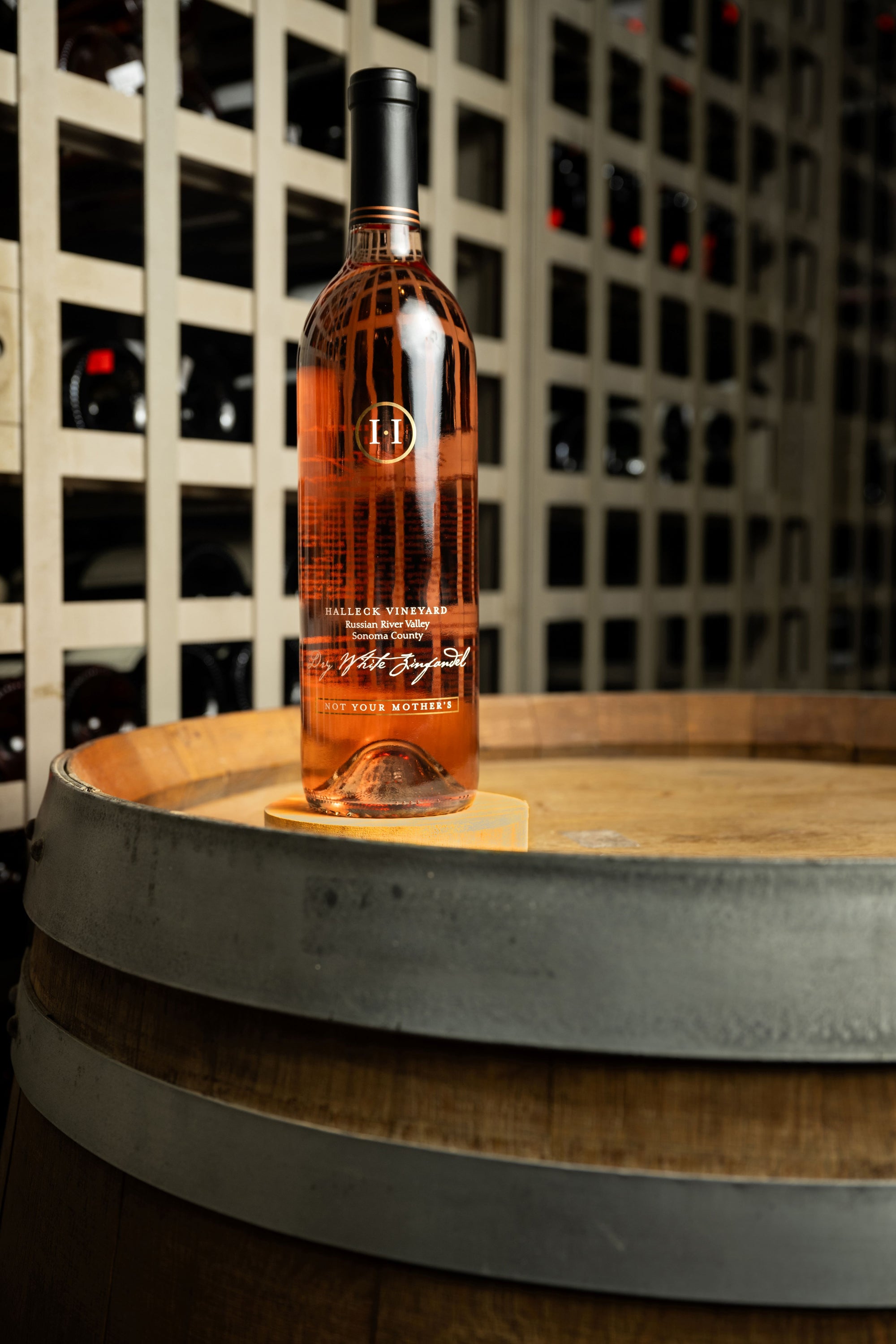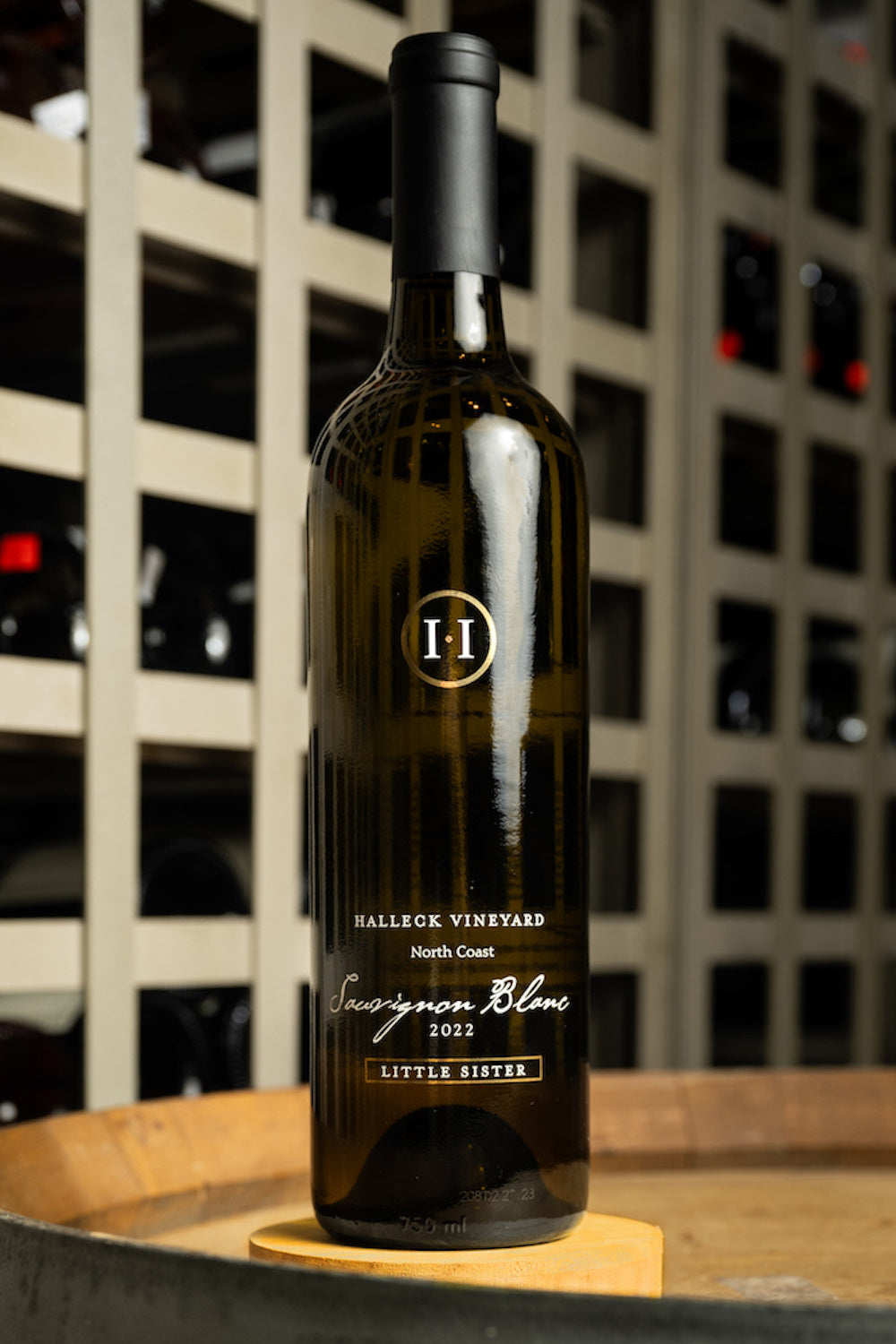Wineries With Outdoor Seating - Sonoma Wine Tasting Spots
Wineries With Outdoor Seating - Sonoma Wine Tasting Spots
Blog Article
Spectacular Vineyard Views In Sonoma - Top-Rated Wineries In Sebastopol
Wine tasting is commonly thought to be an art type, one which goes past merely having fun with a beverage. It embraces a posh interplay of flavors, aromas, and textures that requires dedicated practice to actually master. Many who enterprise into the world of wine tasting quickly understand that it involves far more than just sipping wine. Improving sensory skills via dedicated winery wine tasting can elevate the experience, reworking an informal ingesting occasion into a classy exploration of the senses.
At a basic stage, wine tasting engages the senses of sight, odor, style, touch, and even sound. Every part performs an important function in appreciating the nuances of a wine. When one first pours a glass of wine, the rich hues can present preliminary insights into its age and varietal. Observing the colour and readability helps kind expectations concerning the wine's flavor profile. Many don’t fully recognize how this visual evaluation can set the stage for what is to follow.
The next step is to have interaction the sense of smell. Swirling the glass aerates the wine, permitting its unstable compounds to escape and fill the air with its bouquet. The nose entails some fascinating layers—different aromas can signal varied aspects of the winemaking process, together with the kind of grapes used, fermentation strategies, and aging circumstances. Developing a eager sense of scent can be a game-changer in wine tasting.
Off The Beaten Path Wineries In Sonoma - Best Vineyard In Sonoma
To improve this sensory skill, wine enthusiasts are often inspired to participate in dedicated tastings at wineries. These tastings enable individuals to focus solely on the sensory experience (Small Batch Wineries In Sonoma Valley). Tasting classes led by knowledgeable sommeliers or winemakers can provide insights into figuring out distinct aromas. Studying to differentiate between floral, fruity, earthy, and spicy notes can empower a taster to articulate their experience with greater precision.
As one practices their sensory talents, they could discover that their taste preferences evolve. This transformation usually occurs after multiple tastings. A wine that initially appeared overwhelming might reveal hidden layers of complexity with a little bit of experience. Understanding tips on how to isolate particular person flavors such as acidity, sweetness, bitterness, and umami contributes considerably to the overall wine experience.
One Other important factor in bettering sensory skills is the context in which wine is tasted. Environmental components like temperature, lighting, and even the company present can affect perceptions. At a winery, an optimal setting can scale back distractions and allow a more profound exploration of the wine (Wineries Perfect For A Relaxing Afternoon). Practicing conscious tasting techniques encourages a more immersive experience, permitting tasters to hone in on their senses.
It is not solely about individual notion, though. Partaking with others throughout a tasting also can enhance sensory skills. Sharing notes and discussing impressions fosters a deeper understanding of the wine. This collaborative strategy encourages members to articulate their sensory experiences, thereby broadening their linguistic repertoire related to wine tasting.
Wineries Specializing In Sparkling Wines - The Beauty Of Sebastopol Wineries
Moreover, pairing wine with food can considerably enhance the tasting experience. Different combos can convey out unique flavors in each the wine and the dish. As one tastes a wine alongside explicit foods, they will start to acknowledge how certain parts in the wine complement or contrast with what they're eating. This skill of pairing is one other layer that enriches sensory development.
Training one’s palate can contain quite so much of workout routines. Some enthusiasts interact in systematic tasting experiences, sampling a range of wines that showcase completely different varietals, regions, or vintages. Exploring this diversity can sharpen the flexibility to discern nuances across different wine profiles. Over time, this practice builds a psychological library of flavors that can be accessed during future tastings.
Notably, written notes serve a twin purpose: organizing one’s ideas and reinforcing memory. By writing down observations about every wine, tasters can track their progress over time. Detailing the traits of wines assists in solidifying knowledge, in the end deepening one’s appreciation of what they consume.
Moreover, attending workshops or classes centered on sensory evaluation may also be beneficial. Many wineries supply these educational applications to help people refine their skills. Often, skilled instructors guide participants via structured tastings, focusing on particular elements of the wine. This degree of training reinforces the sensory skills asynchronously and challenges tasters to contemplate their experiences from completely different angles.
Best Pinot Noir Wineries In Sebastopol - Sebastopol's Vibrant Wine Scene

Over time, the commitment to enhancing sensory skills via devoted winery wine tasting can yield vital rewards. The enjoyment derived from wine turns into layered and multifaceted. No longer restricted to a easy choice for "purple" or "white," tasters start to understand the stories behind each pour. They cultivate a palette capable of navigating the complicated panorama of flavors with confidence.
In conclusion, the journey of enhancing sensory skills via dedicated winery wine tasting is as rewarding as it is enjoyable. It requires focus, commitment, and a willingness to learn, however the outcomes far exceed the preliminary effort. By participating a quantity of senses and taking part in thoughtful discussions, people not only turn into more proficient at figuring out flavors but additionally develop a deeper appreciation for the craftsmanship behind every bottle. The course of transforms wine from a mere beverage right into a rich tapestry of sensory exploration that hop over to these guys beckons enthusiasts to delve deeper. As skills improve, so too does the enjoyment, enriching life experiences one sip at a time.
Wineries With Beautiful Architecture - Vineyard Experiences In Sonoma
- Participating the palate through diverse wine varieties enhances the power to inform apart flavors and aromas, refining total sensory notion.
- Taking Part in guided tastings promotes targeted attention on subtle characteristics of every wine, nurturing important tasting skills.
- Studying to establish specific grape varieties fosters a deeper understanding of terroir, which aids in recognizing regional flavor profiles.
- Incorporating food pairings during tastings can heighten sensory awareness, as totally different tastes can affect each other and alter perceptions.
- Working Towards the art of swirling and nosing wines allows individuals to attach olfactory cues with style, enhancing the ability to articulate sensory experiences.
- Attending workshops that emphasize blind tastings trains individuals to rely purely on their senses somewhat than preconceived notions, enhancing objectivity.
- Elevating sensory skills can result in higher wine selection skills, empowering individuals to make informed decisions based mostly on personal preferences.
- Participating with educated sommeliers provides insights into wine-making processes, which deepens sensory appreciation and enhances vocabulary for describing wines.
- Common participation in tastings encourages reminiscence improvement of flavors and aromas, aiding in the formation of a customized sensory profile over time.
- Sharing tasting experiences with peers fosters discussion, promoting communal learning that may improve particular person sensory skills by way of collaboration.undefinedWhat is the aim of improving sensory skills through wine tasting?

Bettering sensory skills by way of wine tasting allows individuals to enhance their ability to establish and appreciate the varied aromas, flavors, and textures of wine. This heightened sensory consciousness can lead to a deeper understanding of wine and an overall enriched tasting experience.
Wine Tasting Experiences With Local Cheese - Sonoma Wine Tasting Tour
How can I develop my sensory skills at a winery?
You can develop your sensory skills at a winery by participating in guided tasting periods that concentrate on specific varietals. Interact with knowledgeable workers who can provide insights and encourage you to take notes in your impressions, enhancing each your observational and descriptive abilities.
What ought to I expect throughout a dedicated wine tasting experience?
Breathtaking Views From Sonoma Wineries - Enjoying Wine In Sebastopol
During a devoted wine tasting experience, count on to sample a choice of wines whereas receiving focused education about each one. You Will study in regards to the winemaking course of, tasting techniques, and the method to discern completely different sensory traits, all in a relaxed setting.

Is prior knowledge of wine needed to learn from a sensory skills workshop?
- Remarkable Craft Wineries In Sebastopol
No prior data of wine is important; the workshops are designed for all ranges of experience. Beginners will discover useful data to build from, while seasoned tasters can refine their skills and increase their palate even further.
How do sensory skills impact my total wine appreciation?
Artisan Wineries In Russian River Valley - Wineries With Outdoor Tastings In Sebastopol
Bettering sensory skills significantly enhances your general wine appreciation by allowing you to identify subtleties and complexities in wines. This deeper understanding enriches your tasting experience and helps you make knowledgeable choices based mostly on personal preferences.
Are there specific techniques I should use whereas tasting wine to improve my sensory skills?
Wineries Promoting Wine Club Memberships - Best Vineyard In Sonoma
Yes, employing techniques such as the "SWOT" method (Sight, Swirl, Scent, Sip, Savor) could be beneficial. Pay consideration to the wine's appearance, aromatics, and mouthfeel, and take your time with every sip to fully explore the flavors and sensations.
What sort of wines are sometimes included in sensory skills tastings?
Typically, sensory skills tastings embody quite a lot of wines that showcase totally different areas, varietals, and styles. This range helps participants identify distinct characteristics and enhances their capacity to distinguish between wines.
Can sensory skills workshops be personalized to my tasting interests?
Best Chardonnays From Sonoma Winemakers - Sonoma Vineyards Worth Visiting
Many wineries offer personalized options for sensory skills workshops, allowing you to give attention to specific types of wines or themes that interest you, such as organic wines or unique regional choices. It Is finest to inquire instantly with the winery for tailor-made experiences.
Is there a way to practice sensory skills after leaving the winery?
Yes, you probably can practice your sensory skills at home by tasting totally different wines and keeping a tasting journal. Experimenting with find more various food pairings and aromatics can further improve your understanding of how flavors interact, reinforcing the talents gained at the winery. Report this page